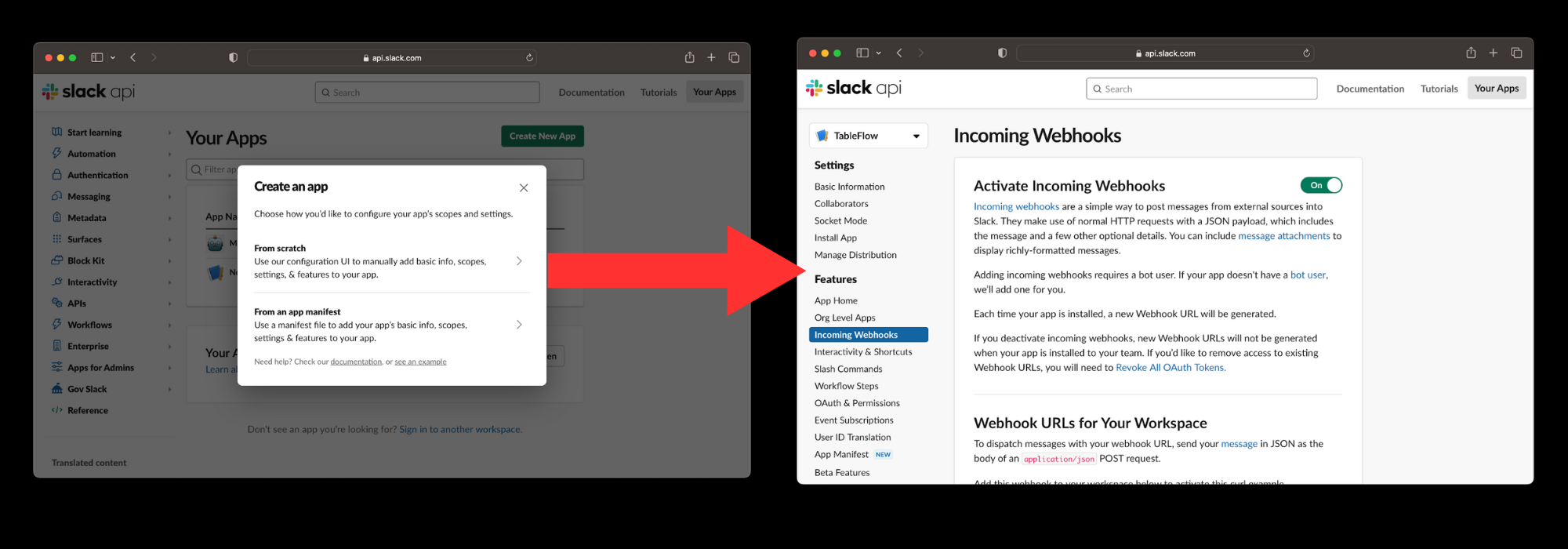Starting a new business needs smart financial planning and budgeting. Sadly, 61% of startup owners don’t have a budget1. A good budget helps plan for hiring, buying equipment, and making investments. It also helps with financing, predicting when you’ll break even, and avoiding cash shortages.
It’s important for startups to have enough money saved for at least three months’ worth of expenses1. Entrepreneurs should also make two types of revenue projections: one that’s optimistic and another that’s more cautious1. Experts say to increase estimates for costs that can change a lot, like marketing and legal fees1.
Key Takeaways
- Budgeting is crucial for startup success, with 61% of startups lacking an official budget.
- A well-crafted budget helps determine hiring, equipment, and investment decisions.
- Budgeting aids in financing, break-even analysis, and generating financial statements.
- Experts recommend having a 3-month emergency fund and preparing optimistic and conservative revenue projections.
- Startups should double or triple estimates for fluctuating cost categories like marketing and advertising.
Understanding the Importance of Financial Planning for Startups
Effective financial planning is key for startup success. In fact2, 90% of startups fail due to poor financial planning. Budgets help startups manage resources and make smart decisions2.
Startups that plan their finances well are 30% more likely to get funding. Investors look at financial plans when deciding to invest2.
The Role of Budget in Startup Success
A good budget helps startups avoid risks and gain investor trust. It also helps measure performance2. Managing cash flow well can increase a startup’s survival rate by 80% in the first two years2.
Budgets also help startups position themselves in the market. They ensure long-term sustainability and promote financial discipline.
Key Financial Challenges for New Ventures
2 70% of startups spend too much in the beginning. They often underestimate costs of product development, marketing, and operations3. Creating a 5-year financial plan and a cash flow forecast can help avoid financial problems3.
Impact of Proper Budgeting on Business Growth
Proper budgeting helps startups use resources wisely and make smart decisions2. We grew to 100k/mo visitors in 10 months with AIContentfy, showing the power of good financial planning23. Showing financial strength also boosts chances of getting loans or investments, which are vital for growth3.
| Financial Planning Components | Description |
|---|---|
| Cash Flow Forecast | 3Developing a cash flow forecast involves forecasting future revenue and expenses to identify potential cash flow gaps. |
| Break-even Analysis | 3A break-even analysis helps determine when revenues will cover expenses for a startup. |
| Stress Testing | 3Stress testing a financial plan involves considering different scenarios like best case, worst case, and likely case. |
| Regular Review and Update | 3Regularly reviewing and updating a financial plan based on actual results is crucial for its effectiveness. |
In conclusion, financial planning is essential for startup success. By understanding budgets, tackling financial challenges, and using good budgeting practices, startups can grow and thrive23.
Essential Components of a Startup Development Budget
Creating a detailed startup development budget is key for any new business. A good budget covers many important areas to keep the business stable and growing. It includes startup costs, fixed expenses, revenue forecasts, and cash flow analysis.
Startups need to think about startup costs, which can be high. Costs for a business plan are $500 to $1,000 USD if done in-house4. The discovery phase costs $6,000 to $10,000 USD and takes 2-3 weeks4. Also, setting up an LLC or corporation can cost between $100 to $800 USD4.
Startups must also plan for fixed costs like rent and staff salaries5. Variable costs like materials and shipping should be included for accurate forecasts5. Major equipment and initial marketing campaigns need separate budgets5.
Creating realistic revenue projections is vital, especially for new businesses5. It’s wise to have different scenarios for best, moderate, and worst-case outcomes5. Looking at cash flow and profit and loss helps understand the financial health and if more funding is needed5.
Doing a breakeven analysis and setting aside for emergencies are crucial5. Regular budget reviews help keep the budget up-to-date with market changes and business performance5.
| Budget Component | Estimated Cost Range |
|---|---|
| Startup Costs (Assets and Expenses) | Several thousand to 6-figure USD |
| Business Plan Development | $500 to $1,000 USD |
| Discovery Phase (Outsourced) | $6,000 to $10,000 USD |
| LLC/Corporation Formation | $100 to $800 USD |
| Yearly Insurance, Permits, Licenses | $700 to $1,500 USD |
| Interest on $50,000 USD 12-month Loan | Around $13,500 USD |
By carefully planning these key areas, startups can create a detailed budget. This budget supports growth and success. Proper budgeting is vital for the exciting journey of startup development45.
Strategic Resource Allocation and Cost Management
Managing costs well is key for startups to succeed. Startups that plan their resources wisely and cut costs are more likely to grow and stay profitable6. Regular financial checks help spot and fix any spending issues quickly6.
Technology and Infrastructure Investments
Using cloud services and open-source software can cut down on tech costs for startups7. Just-in-time inventory and tracking systems also reduce storage and waste6. Startups can save on office costs by choosing flexible workspaces.
Human Resource Budget Planning
Hiring people is a big expense for startups, with engineering salaries high in the Bay Area6. To control labor costs, startups can hire part-time workers or interns6. Remote work can also cut down on office expenses.
Marketing and Customer Acquisition Costs
Marketing expenses include ads, promotions, and tech support6. Startups can get help with marketing costs through various programs8. Good vendor relationships can lead to better deals and priority service, helping with cost control.
By focusing on smart resource use and cost management, startups can grow and stay profitable6. Check out this guide on strategic resource allocation for more tips6.
Effective Financial Planning Tools and Techniques
Starting a new project needs a smart financial plan. There are different budgeting methods like percentage of revenue and zero-based budgeting. Flexible budgeting and benchmarking against industry standards help startups a lot9. Some startups might find project-based budgeting useful, while others might prefer investor-driven budgeting to meet milestones. It’s also key to have a contingency budget for unexpected costs9.
Tools like accounting software and spreadsheets are great for budgeting. They help with financial forecasting and resource optimization, helping startups make smart choices9. It’s important to keep reviewing and updating financial plans to succeed. Accurate revenue forecasts and flexible forecasting are crucial for getting funding and avoiding high expectations9.
- Platforms like Mint, Monarch, QuickBooks, and Wave help manage expenses and give accurate reports for startups9.
- It’s wise to save for emergencies to avoid sudden costs9.
- Knowing if expenses are fixed or variable helps track spending better9.
- Planning for different scenarios can prevent financial problems in projects9.
- Comparing budget to actual spending helps find and fix issues9.
Using these financial planning tools and methods, startups can handle resource optimization and forecasting. This sets them up for success in the long run9.
Conclusion
Effective startup development budget and financial planning are key for new ventures to succeed. Understanding a startup budget’s components helps entrepreneurs manage resources and reduce financial risks10. With so many new products and a high failure rate, good budgeting is crucial for growth and investor trust10.
Also, a good website design is vital. It shows a brand’s reputation to 94% of users. This highlights the importance of user interface (UI) and user experience (UX) in a startup’s success10.
Using financial planning tools helps startups manage their money and make smart choices11. They can forecast income, track important metrics, and understand their customers better11. This way, startups can overcome challenges like high R&D costs and customer acquisition expenses11.
In conclusion, good budgeting and financial planning are essential for startups to succeed today. By focusing on financial management and using the right strategies, entrepreneurs can lead their ventures to growth and success12. Proper budgeting helps startups deal with early-stage funding issues and the costs of scaling their operations11.





